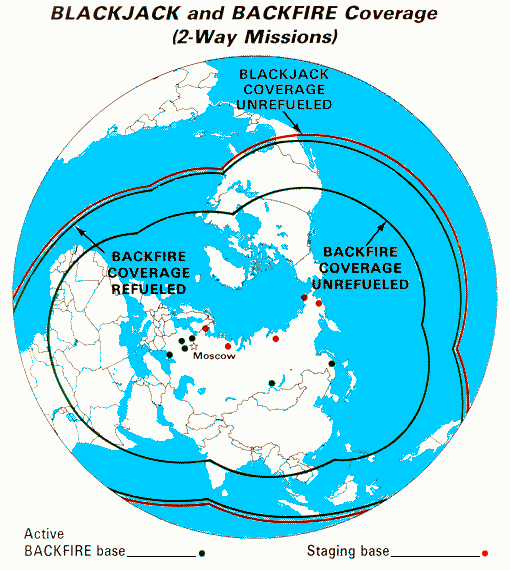Had a bit of a think about Scandinavia in this. Pretty speculative, but still.

Finland weathers the first Soviet offensive in the summer of 1944 as per history. This time the Soviets decide to go for broke, amps up the effort and overrun the Finnish defenses, fair enough.
As per history and then some we will be seeing Soviet troops pushing into northern Norway in pursuit of retreating German forces. The real question might be why they should leave, and if they are focusing on this front, why not push hard and fast at least to somewhere useful, like Trondheim to perhaps secure a port directly on the North Atlantic?
As per history, Soviet units will perhaps also make it to the Danish island of Bornholm - and maybe then some. If the Soviets focus on this front, Denmark is an achievable objective, depending on the rapidity of the British advance. There might be a race for Denmark? Again the prospect of direct access to the Atlantic is a Soviet strategic objective.
If Finland goes down in the Autumn of 1944, this brings Soviet troops directly to the Swedish border along Torne river in the north. That is guaranteed to make the Swedes nervous. It also brings up the question whether the Soviets would break for Sweden here, or just keep pushing their offensive? There were some serious considerations about forcing Sweden to enter the war against Germany towards the end of the historical WWII. Had the 200 000 German troops in Norway not surrendered in 1945, it is possible Sweden would have committed to fighting these. Churchill pushed for such a move.
At least the Soviets would be looking at picking up the Swedish island of Gotland in the middle of the Baltic, especially if they are racing towards Denmark and can use it as a stepping stone, whether that would be a permanent arrangement or not.
I guess it is possible that Sweden might actually enter WWII as a belligerent on the Allied side, and take a fight with the German troops in Norway in 1944, as a way of preempting some kind of hostile move by the Soviet Union having hove very much into view in Sweden.
As per Winner's map for this scenario, it might be that Sweden enters the war alongside the Allies in 1944, to preempt possible Soviet designs on both Sweden, northern Norway and Denmark, while the British successfully race from the west and south to beat the Soviets to these areas. (Thus I get to make my native land enter WWII to eventually do what was after all the right thing in that war.

)
Finland ends up as a Soviet satellite, a People's Republic of Finland, headed by the leader of the Finnish Communist Party founded in Moscow in 1918, Otto Ville Kuusinen, whose Finnish puppet government was initially set up at Terijoki already during the Winter War in 1939. Curiously the situation would mean the vindication of Finnish Fieldmarshall Mannerheim's idea of sending 70 000 Finnish children to grow up in Sweden, as was done in 1939-1945, as a means of ensuring a generation of Finns would grow up in freedom, to possibly return to liberate Finland at some later point in time. Not counting the potentially large number of direct refugees from Finland to Sweden beginning in 1944. Considering how historically 30 000 refugees made it to Sweden from the Baltic States at the Soviet occupation of their lands, we can assume they turn up, complemented with at least a similar number of Finns.
While Finland is lost, that sets Sweden, Denmark and Norway up as western allied democracies in the post-war era. The post-war idea of a Nordic defensive alliance of these three countries might be viable, but considering all three nations were belligerents on the side of the Allies eventually, NATO membership for all three is more likely.
Historically in the immediate post-war period Sweden were doing all kinds of things in cahoots with especially the UK, in the form of surveillance photography of Soviet military installations along the Baltic, and the introduction of numerous spies and agents into the Baltic states — an utter failure, since the British intelligence community was riddled with Soviet double-agents (Kim Philby et al.) All it would take would be a formalisation of this actual cooperation.
A bit dramatically, if the Swedes would be more immediately worried about being a direct frontline state in a possible showdown with the Soviet Union, it might mean that independent nuclear deterrence capability would get a higher priority, and the Swedish nuclear weapons program would not be scrapped in the early 1970's. With NATO resources at its back, Sweden might decide that their invasion defense would be large enough at maybe 600 000 men or so (instead of 900 000 in the late 1980's), and thus find the money for the nukes as well?

 ), Scandinavia...
), Scandinavia...

 ). In this timeline, the European allies have fewer reasons to have doubts about the American commitment.
). In this timeline, the European allies have fewer reasons to have doubts about the American commitment. After all, the Czechs were bitterly disappointed by the "help" they received from their trusted Allies before WW2, so they might very well be tempted to seek an "insurance" that their new Allies won't do the same in the future. Maybe there will be a secret nuclear cooperation between the Czechs and Israel?
After all, the Czechs were bitterly disappointed by the "help" they received from their trusted Allies before WW2, so they might very well be tempted to seek an "insurance" that their new Allies won't do the same in the future. Maybe there will be a secret nuclear cooperation between the Czechs and Israel? 